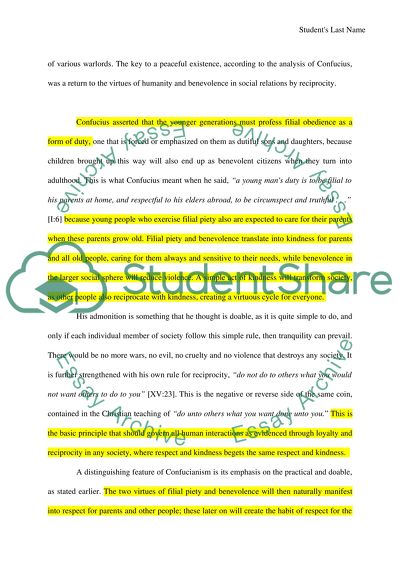Cite this document
(Ancient Chinese Civilization Essay Example | Topics and Well Written Essays - 2000 words, n.d.)
Ancient Chinese Civilization Essay Example | Topics and Well Written Essays - 2000 words. https://studentshare.org/history/1605239-ancient-chinese-civilization
Ancient Chinese Civilization Essay Example | Topics and Well Written Essays - 2000 words. https://studentshare.org/history/1605239-ancient-chinese-civilization
(Ancient Chinese Civilization Essay Example | Topics and Well Written Essays - 2000 Words)
Ancient Chinese Civilization Essay Example | Topics and Well Written Essays - 2000 Words. https://studentshare.org/history/1605239-ancient-chinese-civilization.
Ancient Chinese Civilization Essay Example | Topics and Well Written Essays - 2000 Words. https://studentshare.org/history/1605239-ancient-chinese-civilization.
“Ancient Chinese Civilization Essay Example | Topics and Well Written Essays - 2000 Words”. https://studentshare.org/history/1605239-ancient-chinese-civilization.


